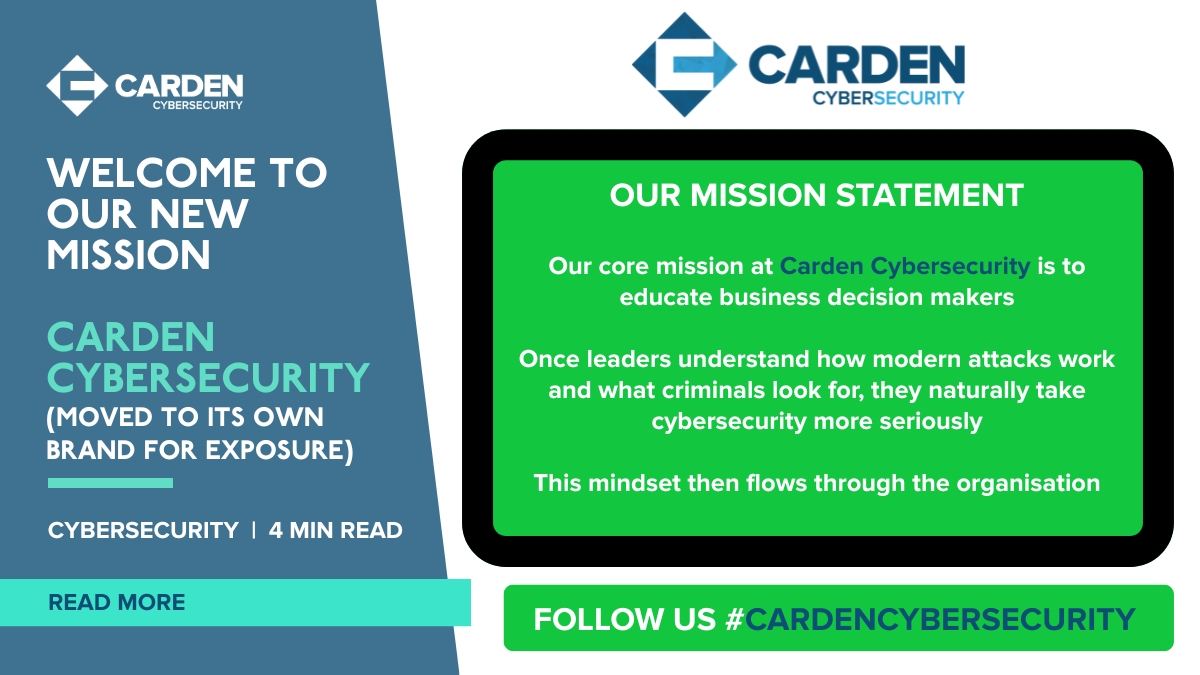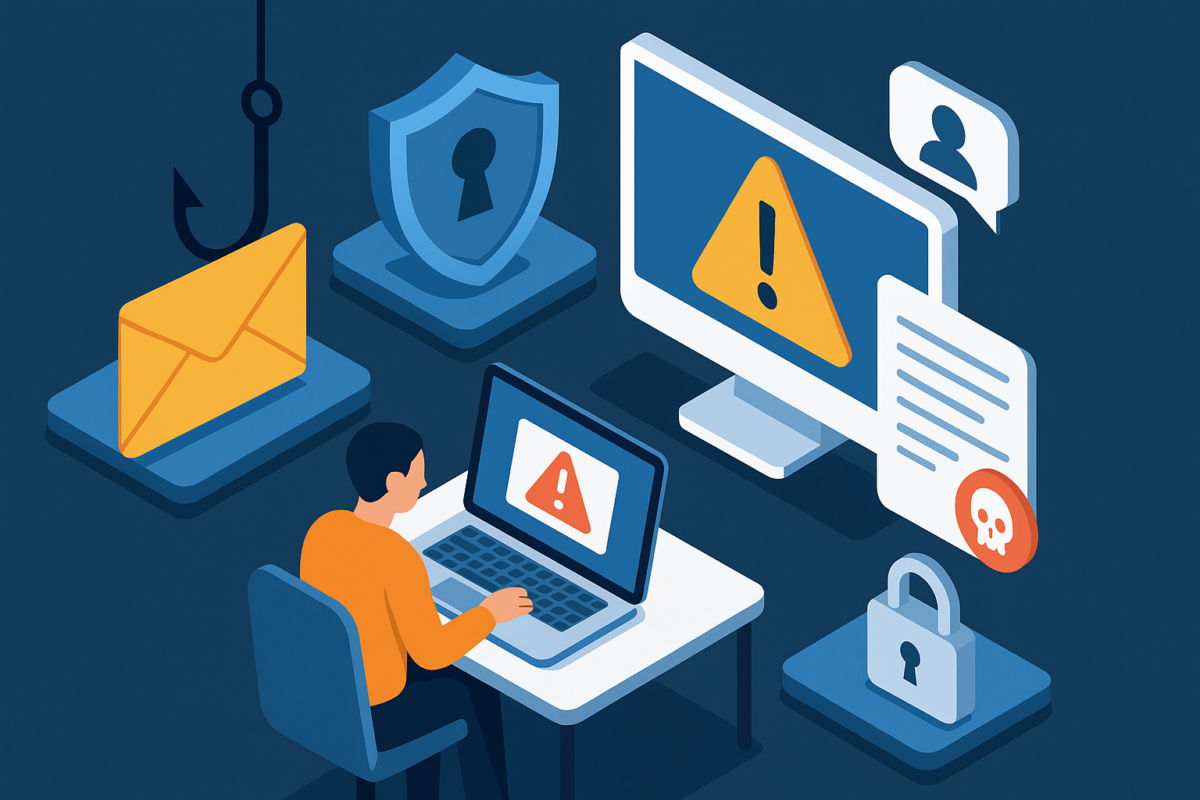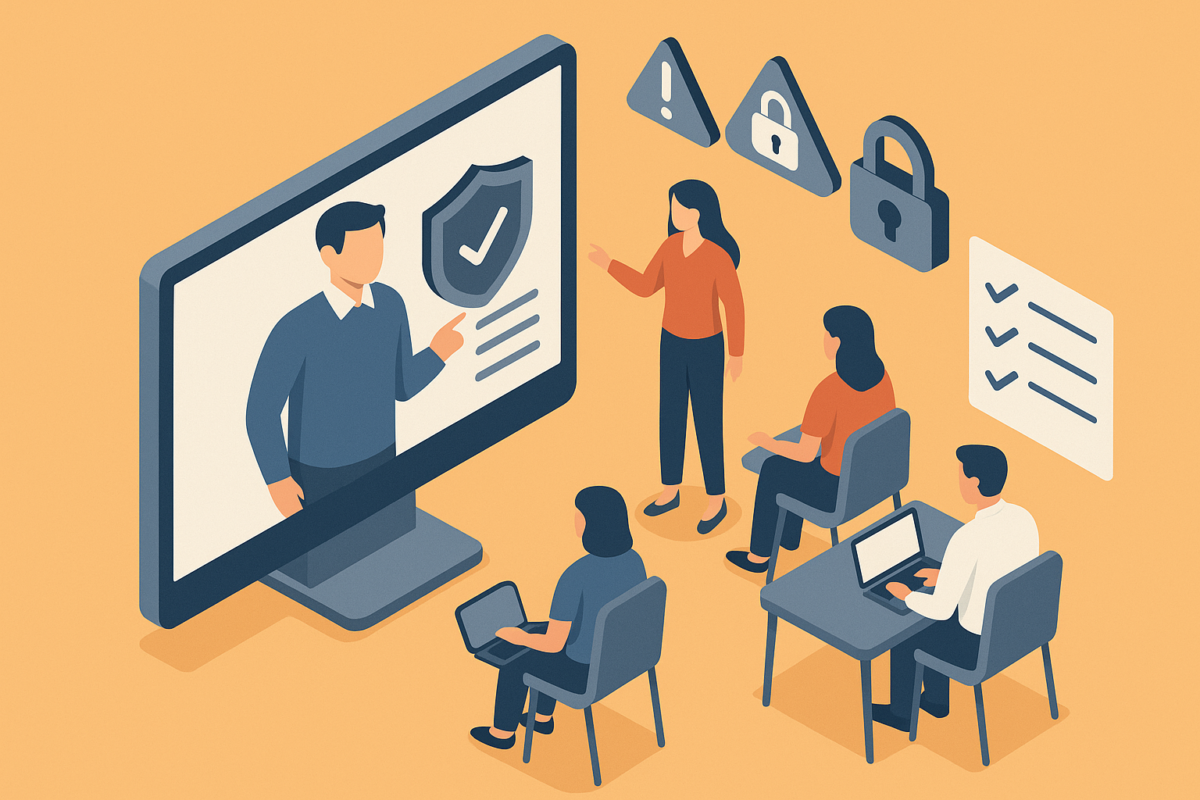Running a company today means depending on technology for nearly everything. Your data, your communication, your customer touchpoints and even your day to day operations rely on digital systems.
Despite this, many business owners still underestimate how exposed they really are online. Years ago, companies invested heavily in physical security because their servers were visible in a room. Today those same systems live in the cloud. The risks have grown, yet the investment in protection does not always match.
This is the reason Carden Cybersecurity was created. As a specialized sub brand of Carden IT Group, our purpose is to help organizations build stronger digital defenses through clear guidance, practical services and accessible education. We focus on Cybersecurity Services built around real business challenges rather than technical noise.
Whether you run a small operation or oversee a scaling team, having an effective IT Security plan helps protect everything you are building.
Below is an easy to follow introduction for entrepreneurs exploring cybersecurity for the first time.





